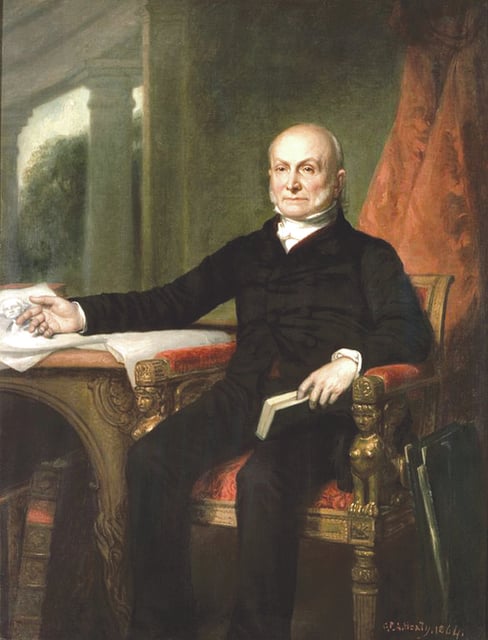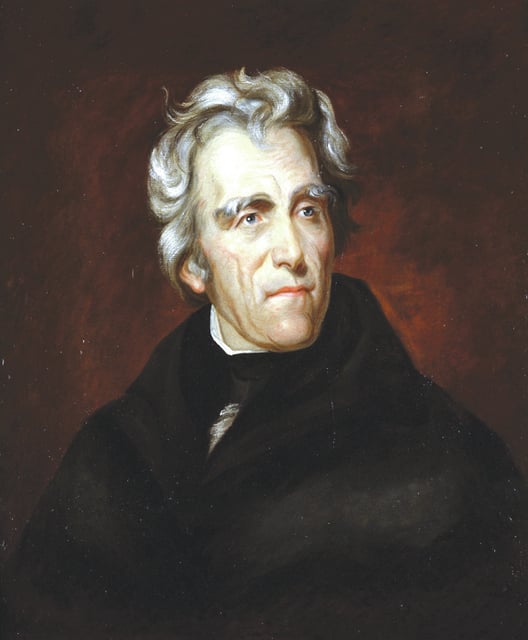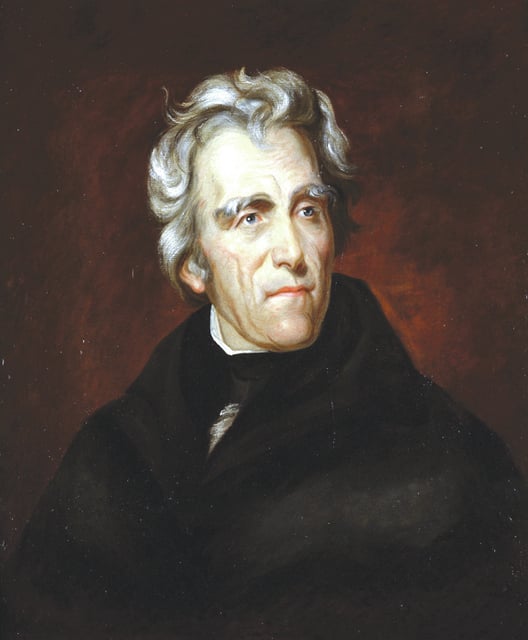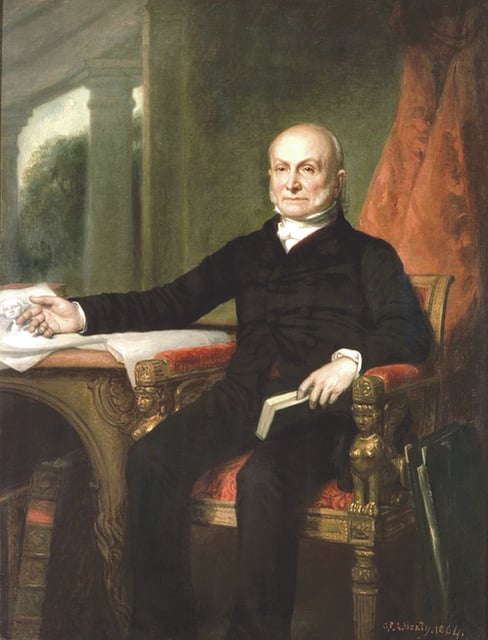



DARKE COUNTY — It’s a tradition every four years in America.
A presidential election? Yes, but also the widespread belief among the public that any given year’s current election is the “worst ever” as it regards mudslinging, accusations and rumor mongering.
The 2016 presidential campaign is memorable, to say the least. Between accusations regarding Republican Donald Trump’s treatment of women to allegations of Democrat Hillary Clinton’s troubles with the FBI, there is plenty of fodder for consumption.
But the “worst ever?” Hardly. Much more mud has been thrown and many worse accusations leveled in past presidential campaigns.
Keep in mind the accusations slung in earlier campaigns, particularly those from more than 100 years ago, must be understood in the context of their era. Insults that seem mild or innocuous today were a reason for fisticuffs, riots and “pistols at 20 paces” in an earlier time.
Though the match between Donald and Hillary makes for engaging debate, here are a few past presidential campaigns which were far more contentious.
1800: Adams vs. Jefferson
The 1800 presidential election pitted Federalist John Adams of Massachusetts against Democratic-Republican Thomas Jefferson of Virginia. You might have heard of these fellows at some point during your school days. Both signed this thing called “The Declaration of Independence.”
Adams had beaten Jefferson in the 1796 presidential race, and the mudslinging was cranked up four years later. Adams was accused of being a hermaphrodite, while Jefferson was painted as an atheist and radical. Each camp accused the other of being in cahoots with the British (Adams) or the French (Jefferson).
The Adams administration used the Sedition Act of 1798 to silence his political opponents, namely, by imprisoning them — a big issue the Jefferson supporters sought to fix, naturally.
Jefferson triumphed in 1800, and then won reelection in 1804. In their retirement, the two political enemies became the best of friends. So close was their friendship, in fact, Adams and Jefferson decided to enter the afterlife on the same day — July 4, 1826.
1824, 1828: Adams vs. Jackson
Another Adams threw political punches in the 1824 and 1828 contests. John Quincy Adams of Massachusetts, son of second President John Adams, faced off against against Andrew Jackson of Tennessee — twice.
The 1824 campaign was a free-for-all, featuring four candidates, all under the umbrella of the Democratic-Republican Party (the Federalist Party had dissipated by this point).
Joining Jackson and Adams in the fray were Henry Clay of Kentucky and William Crawford of Georgia.
Jackson won the most popular votes and the most electoral votes. However, he did not possess an outright majority of electoral votes, which threw the decision to the U.S. House of Representatives.
Speaker of the House Clay, who reportedly hated Jackson both politically and personally, threw his support behind Adams, thereby giving Adams the presidency.
Jackson and his posse, naturally, were outraged, accusing Adams and Clay of a “corrupt bargain.” Adams naming Clay his Secretary of State only confirmed the shenanigans in the minds of Jacksonites.
Fast forward to 1828, which may go an record as the nastiest presidential campaign of all time. Jackson supporters drudged up all sorts of dirt on Adams, including a ludicrous accusation he had pimped out a young girl to Czar Alexander I of Russia during Adams’ tenure as ambassador. Another rumor said he had used public funds to purchase gambling equipment.
The mud thrown Jackson’s direction was far worse, with the mother of the hero of the Battle of New Orleans called a prostitute, himself targeted for alleged maltreatment of slaves and Indians, and his wife, Rachel, accused of adultery. All of which is pretty brave of the opposition considering Jackson had fought a number of duels to preserve his wife’s honor.
Jackson triumphed handily in 1828, but at great personal cost, as his wife died of a heart attack during the interim between the election and inauguration. He reportedly never forgave Adams or Clay.
1884: Cleveland vs. Blaine
Democrat Grover Cleveland of New York took on Republican James G. Blaine of Maine in a particularly nasty campaign in 1884.
Both candidates faced attacks on their character. Blaine was suspected of selling his influence for profit during his time in Congress. As well, a prominent Blaine supporter managed to insult Catholics and Southerners in a speech one week prior to the election, calling the Democrats the party of “rum, Romanism and rebellion” — not the preferred way to make friends and influence people.
Cleveland, however, faced his own troubles, having to do damage control on a story he had fathered a child out of wedlock, which, in 1884, was a pretty big deal among the political set.
While he expressed doubts that he was indeed the father of the boy in question (no DNA testing in those days), Grover did admit to providing financial support for the mother and child — a refreshingly honest admission coming from a politician in the heat of an election.
The Republican taunts of “Ma! Ma! Where’s my Pa?” during the campaign were greeted with the Democrats’ “Gone to the White House, Ha, Ha, Ha!” after Cleveland’s election.
1964: Johnson vs. Goldwater
Democrat Lyndon Johnson of Texas was president at the start of the 1964, assuming the role following the assassination of President John F. Kennedy November 22, 1963. Senator Barry Goldwater of Arizona was the Republican nominee, who faced an monumental task in trying to unseat the incumbent.
Johnson was carried into the campaign on a wave of sentimentalism following the recent death of the young president. Having assumed leadership after such a traumatic event made him unassailable, in a way.
Goldwater, a staunch conservative, not only had to fight the Democrats, but some moderate Republicans of his own party.
Democrats characterized Goldwater as an “extremist” and “unstable.” Most notably, they aired a television advertisement, popularly known as the “Daisy Ad,” in which a little girl picking flower petals transitions to a countdown followed by a nuclear blast. The ad insinuated Goldwater would start a nuclear holocaust if elected.
Further, a magazine which surveyed members of the American Psychiatric Association, used their responses in an unscientific manner to portray the notion that Goldwater was mentally unfit to be president.
The political chicanery proved unnecessary, however, as Johnson swept to victory, winning more than 60 percent of the popular vote and 486 electoral votes. Given the turbulence he faced during his full term as president, particularly America’s deepening involvement in the Vietnam War, Johnson may have had second thoughts on winning.






